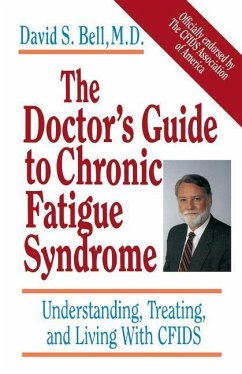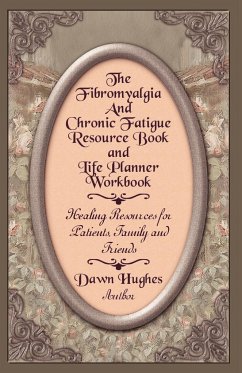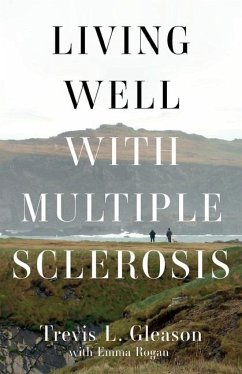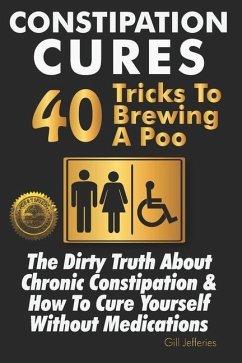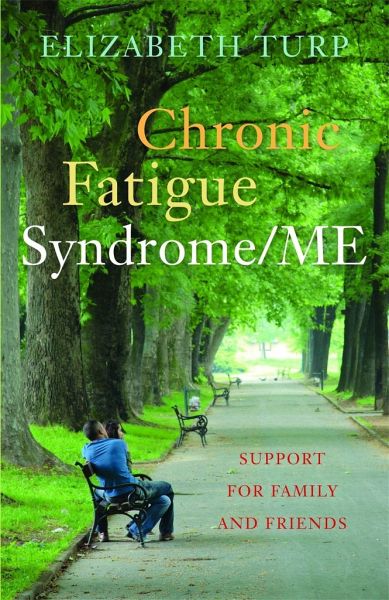
Chronic Fatigue Syndrome/ME

PAYBACK Punkte
11 °P sammeln!
This book provides the families and friends of people with CFS/ME with an introduction to the condition, and explains what can be done to support those who have it. It offers useful advice on how to help a loved one cope with it, and suggests ways to help them with everyday issues such as personal hygiene, nutrition, finances, and relationships.




